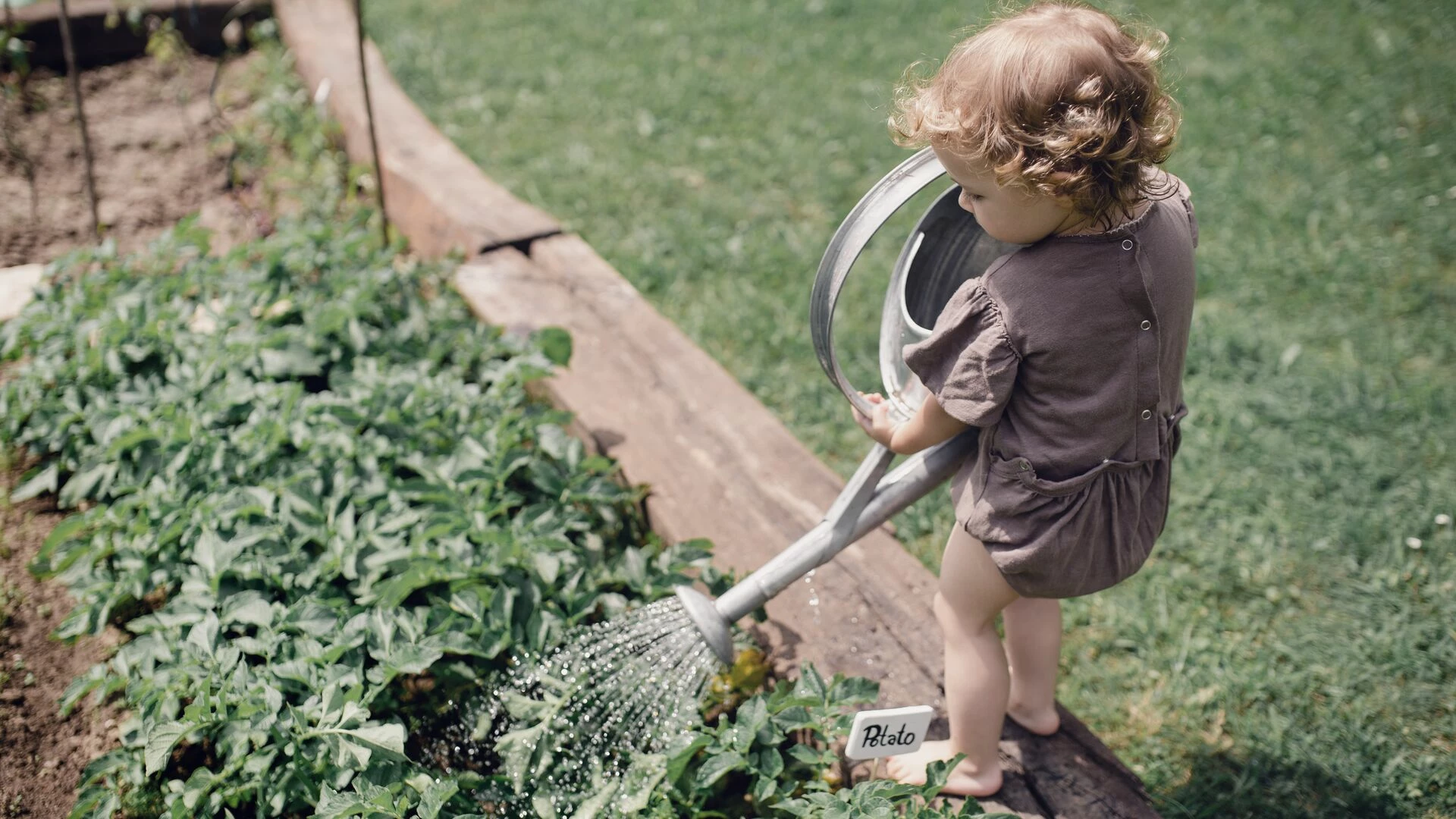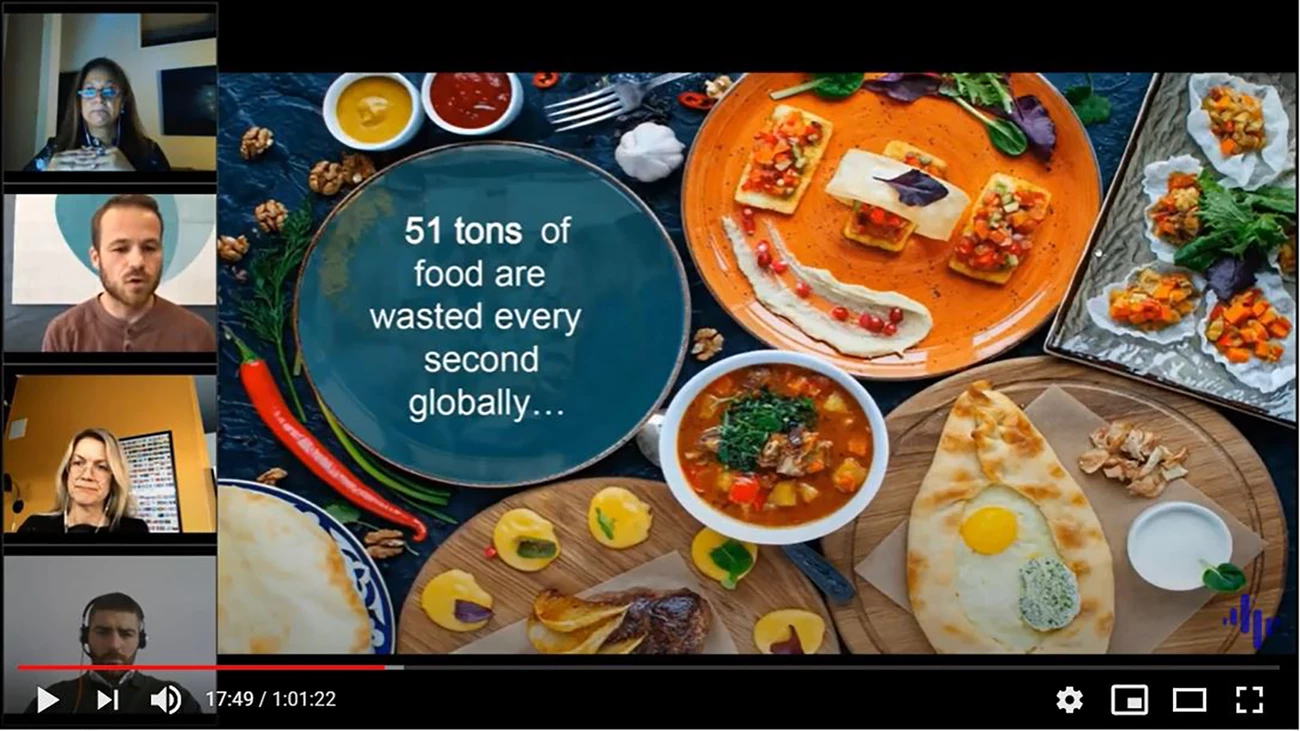Nordea hosted a webinar on October 16, 2020 in honour of the 75th anniversary of World Food Day, featuring speakers from the World Bank, Swedbank Robur and Too Good To Go.
Why tackling food waste is a win-win
Investments that reduce food loss and waste can deliver two big wins: both improving food security and reducing greenhouse gas emissions, according to Geeta Sethi, Advisor and Global Lead for Food Systems at the World Bank.
“Up until now, we only had anecdotal evidence. But now we can prove it, and we know that the links are very strong,” Sethi told the audience at a webinar hosted by Nordea on October 16 in honour of the 75th anniversary of World Food Day.
She cited new research from the World Bank, which looked at four developing countries and found that reductions in food loss and waste could yield tangible food security gains and emissions reductions, with solutions targeted to the specific country context.
While food loss and waste reduction is not yet a very well-utilised tool, it can help countries achieve their commitments under the Paris Agreement to reduce emissions while also improving food security, Sethi said.
She noted that the Covid-19 pandemic has exposed the underlying problems in the world’s food system, with its images of empty supermarket shelves and farmers having to destroy piles of unsold produce.
“Covid-19 is frankly a dress rehearsal for climate change,” Sethi said. “Suddenly, food shortages were no longer a developing or a low-income country phenomenon. Both high and low income countries got hit.”
Yet she still conveyed a message of hope. Regarding the World Bank’s recent bond issuances, she praised investors for helping to drive financing towards food loss and waste solutions.
“A trillion dollar problem annually, food loss and waste cannot be solved through public financing alone. Capital markets have and will continue to play a significant role in achieving results on the ground. We remain committed to developing additional products that will help to close this financing gap,” she added.




